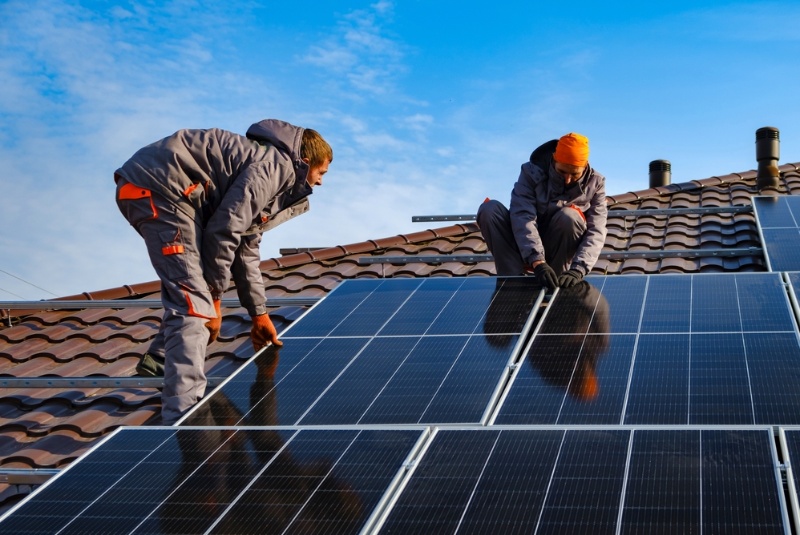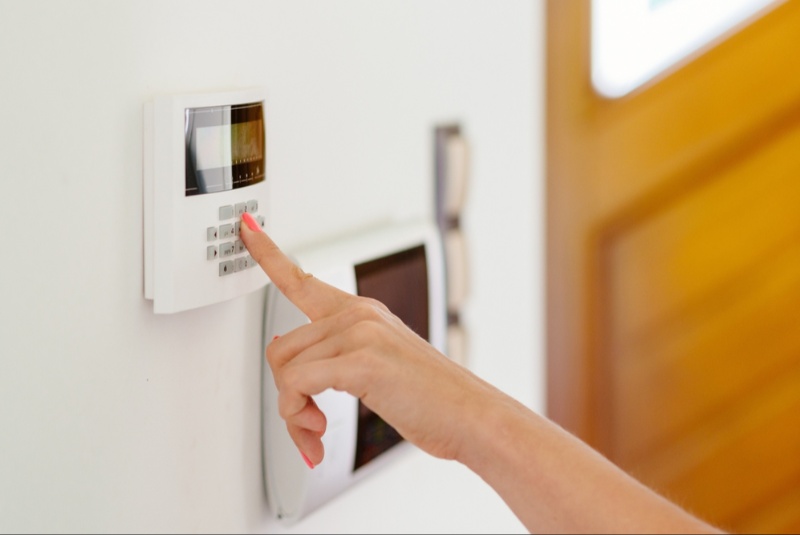The decision to install solar panels at home is not only an environmentally conscious choice but also a significant financial investment. This comprehensive guide delves into the various financial implications of home solar panel installation, helping homeowners understand the costs, savings, and long-term benefits associated with harnessing solar energy.
1. Upfront Costs: Understanding the Initial Investment
Cost of Solar Panels and Equipment
Gain insight into the cost of solar panels and equipment. The upfront expense includes the price of the solar panels themselves, inverters, mounting hardware, and other essential components. Understanding these costs is crucial for budgeting and financial planning.
Installation Costs and Professional Services
Explore installation costs and professional services. Hiring a qualified solar installation professional adds to the initial investment. While professional installation ensures optimal performance, it's essential to factor these costs into the overall budget for home solar panel installation.
Government Incentives and Rebates
Consider government incentives and rebates. Many governments offer financial incentives to encourage solar adoption. Research available rebates, tax credits, or grants that can significantly offset the initial costs, making solar panel installation more financially accessible.
2. Long-Term Savings: Reducing Energy Bills and Generating Income
Energy Bill Reduction
Anticipate energy bill reductions. One of the primary financial benefits of solar panel installation is the potential for significant savings on energy bills. Solar panels generate electricity from sunlight, reducing the reliance on traditional power sources and leading to lower monthly bills.
Net Metering and Selling Excess Energy
Understand net metering and selling excess energy. In regions with net metering programs, homeowners can earn credits by feeding excess energy back into the grid. Some utility companies even buy surplus energy from homeowners, turning solar panels into a source of income.
Return on Investment (ROI)
Calculate the return on investment. Assessing the ROI involves comparing the upfront costs with the long-term savings and income generated through energy production. In many cases, homeowners experience a positive ROI over the lifespan of their solar panels.
3. Financing Options: Exploring Paths to Affordability
Solar Loans and Financing Programs
Explore solar loans and financing programs. Many financial institutions offer specific loans or financing programs tailored to solar panel installation. These options enable homeowners to spread the upfront costs over time, making solar energy more financially accessible.
Power Purchase Agreements (PPAs)
Consider power purchase agreements (PPAs). With a PPA, a third party installs and maintains the solar panels on your property. In return, you agree to purchase the generated electricity at a predetermined rate, often lower than traditional utility rates.
Leasing Options
Evaluate leasing options. Leasing allows homeowners to use solar panels without the upfront costs. While the savings may be less than with ownership, leasing provides a hassle-free way to benefit from solar energy.

4. Maintenance and Lifespan: Understanding Long-Term Costs
Routine Maintenance Costs
Factor in routine maintenance costs. While solar panels are relatively low-maintenance, occasional inspections and cleaning may be necessary. Consider these routine maintenance costs when assessing the overall financial implications.
Warranty and Replacement Considerations
Review warranty and replacement considerations. Solar panels typically come with extended warranties, providing coverage for a specified period. Understanding warranty terms and replacement costs is essential for long-term financial planning.
Lifespan of Solar Panels
Understand the lifespan of solar panels. Solar panels have a lifespan of 25 years or more. Evaluating the long-term benefits involves considering the ongoing energy savings and potential for additional income over the entire lifespan of the system.
5. Property Value: Enhancing Your Home's Market Appeal
Increased Property Value
Recognize the impact on property value. Solar panels can enhance the market appeal of a home, potentially increasing its value. Studies have shown that homes with solar installations often sell faster and at higher prices than those without.
Solar Panel Considerations for Homebuyers
Consider solar panel considerations for homebuyers. If you're planning to sell your home, having solar panels can be a selling point. Provide potential buyers with information on the energy savings and environmental benefits associated with the solar installation.
Transferability and Resale Value
Check the transferability and resale value. Understand whether the solar panel system can be transferred to the new homeowner. Clarifying this aspect ensures transparency in the home-selling process and maintains the resale value of the solar-equipped property.
6. Environmental Impact: Beyond Financial Considerations
Carbon Footprint Reduction
Acknowledge the environmental impact. While this guide primarily focuses on financial implications, it's essential to recognize the positive environmental effects of solar panel installation, such as reducing your carbon footprint and contributing to sustainable energy practices.
Aligning Financial Goals with Environmental Values
Align financial goals with environmental values. For many homeowners, the decision to install solar panels goes beyond financial considerations. It's a commitment to sustainable living and a desire to contribute positively to the environment.
Making Informed Financial Decisions for Solar Panel Installation
Home solar panel installation involves a range of financial considerations, from upfront costs and long-term savings to financing options and property value impact. By understanding the intricacies of these financial implications, homeowners can make informed decisions that align with their budget, financial goals, and environmental values. Solar energy not only offers the potential for significant savings but also positions homeowners as contributors to a cleaner, more sustainable future. As you embark on the journey of harnessing solar power for your home, may your financial investment pave the way for a brighter, greener, and more cost-effective future.




